11 Knee-Saving Rituals You Should Start Doing Every Day
In the realm of physical well-being, knee health often doesn't receive the attention it deserves until discomfort or injury strikes. Yet, these pivotal joints are fundamental to mobility, supporting the body's weight and facilitating movement. As we age, maintaining knee strength and flexibility becomes crucial to preserving an active lifestyle. This article delves into the significance of nurturing knee health through 11 simple daily rituals. These practices, grounded in scientific research and expert recommendations, can enhance knee function, prevent injury, and sustain mobility. By embracing these habits, you can fortify your knees, ensuring they remain robust and resilient throughout your life.
1. The Power of Warm-Up Exercises

Before diving into any physical activity, warming up is essential. This preparatory phase increases blood flow to the muscles and joints, reducing the risk of injury. For the knees, specific warm-up exercises like leg swings, knee circles, and gentle squats can enhance flexibility and prepare the joint for more strenuous activity. These movements help lubricate the knee joint, promoting smoother motion. Incorporating a consistent warm-up routine not only aids in preventing knee injuries but also enhances overall performance. By dedicating a few minutes each day to warming up, you set the stage for healthier, more resilient knees.
2. Strengthening with Resistance Training
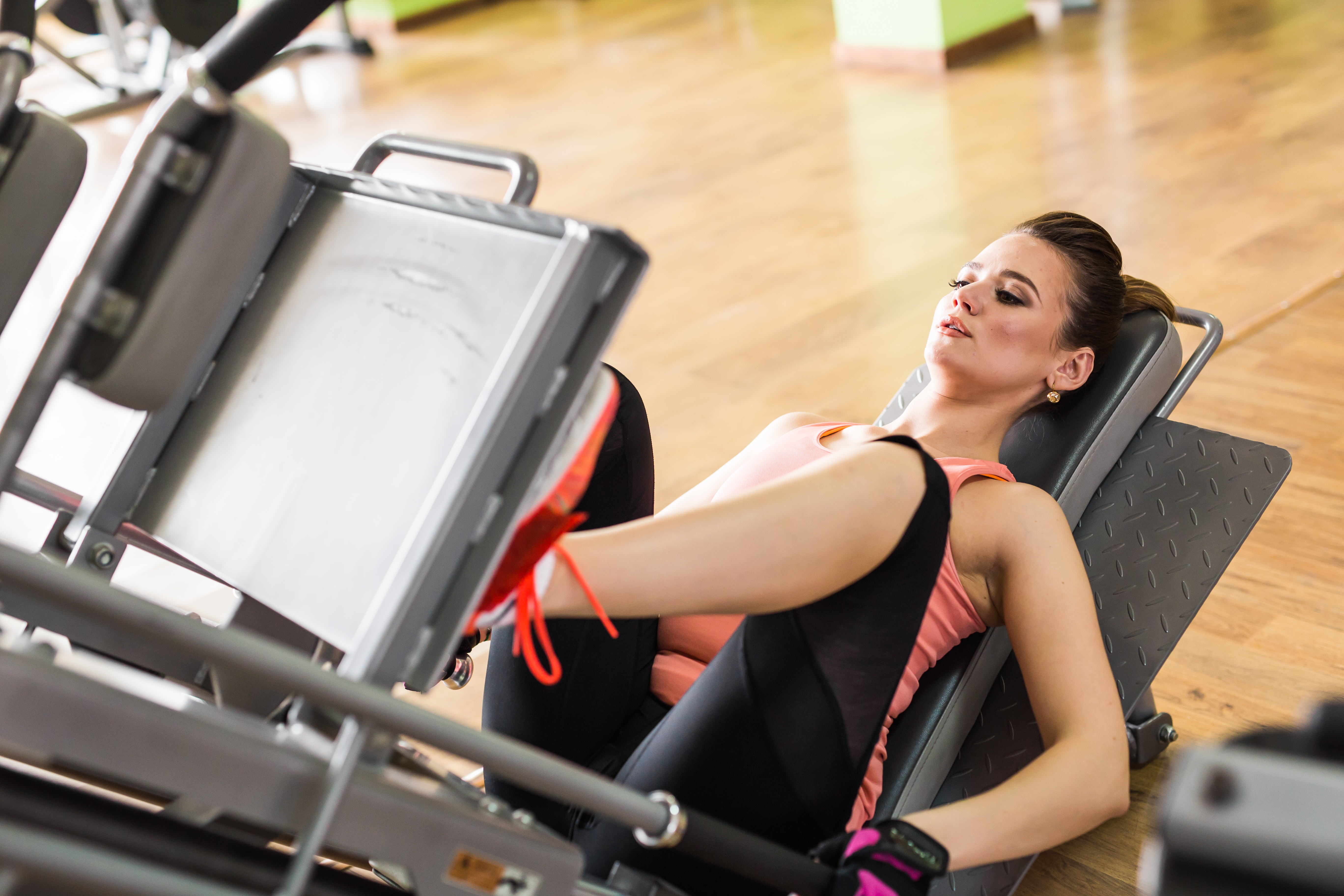
Resistance training is a potent method for building muscle strength around the knee joint. Strong muscles, particularly in the quadriceps, hamstrings, and calves, provide better support and stability to the knees. Exercises such as leg presses, hamstring curls, and calf raises are effective in targeting these areas. By gradually increasing resistance, you can enhance muscle endurance and joint health. This form of training not only fortifies the knees but also contributes to improved balance and posture. Emphasizing resistance training in your routine can lead to long-term benefits in joint stability and mobility.
3. Flexibility Through Stretching
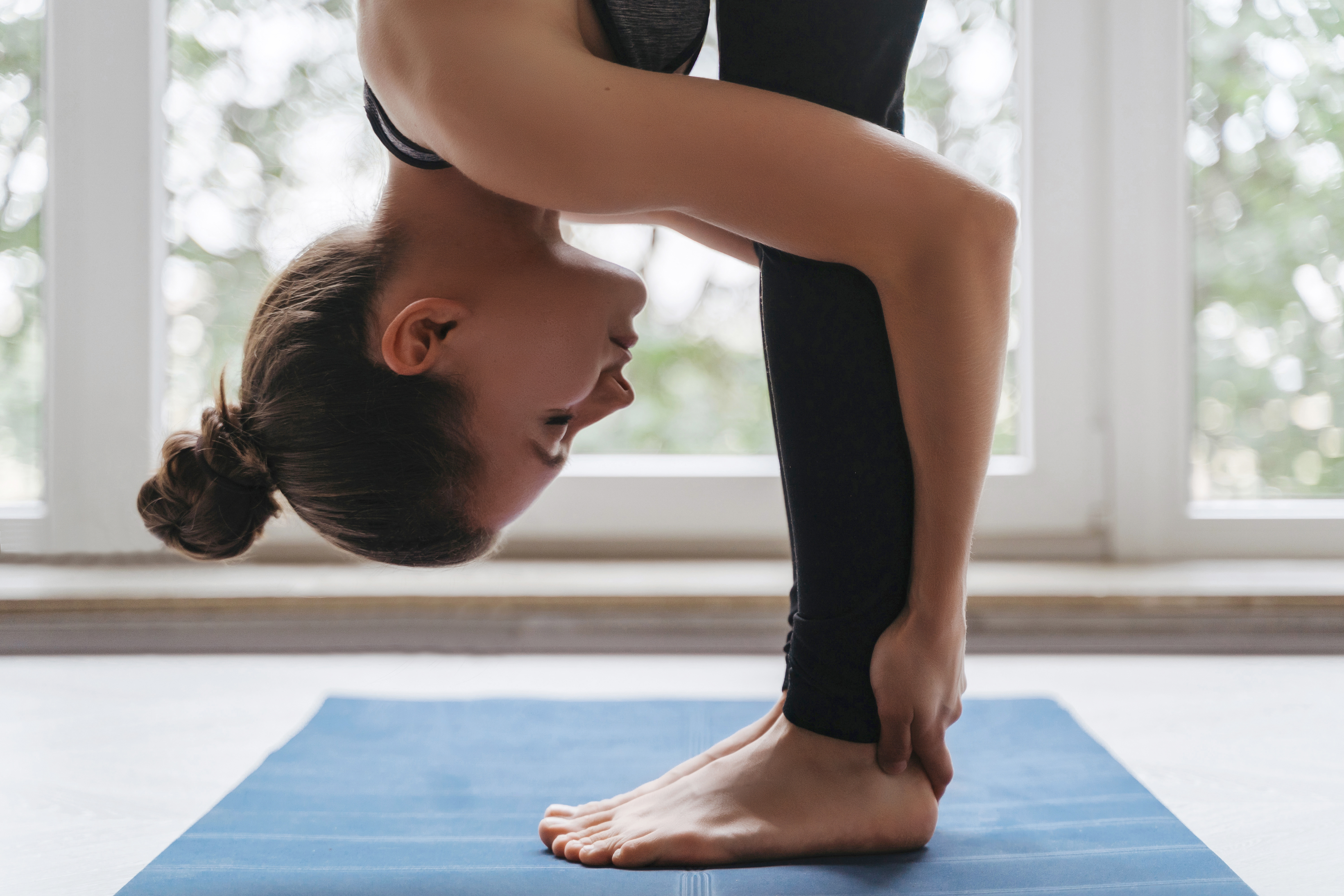
Flexibility is a key component of knee health, and regular stretching can significantly improve it. Stretching exercises like hamstring stretches, calf stretches, and quadriceps stretches help maintain the elasticity of the muscles surrounding the knee. This elasticity is crucial in allowing the joint to move through its full range of motion without strain. Consistent stretching can prevent stiffness and reduce the likelihood of injuries. By integrating stretching into your daily routine, you ensure that your knees remain flexible and capable of handling various physical demands.
5. The Role of Low-Impact Aerobics

Engaging in low-impact aerobic activities, such as swimming, cycling, or walking, is beneficial for knee health. These exercises provide cardiovascular benefits without placing excessive stress on the joints. Low-impact aerobics help maintain joint flexibility and promote circulation, which is vital for cartilage health. Regular participation in these activities can aid in weight management, reducing the load on the knees. By choosing low-impact exercises, you can enjoy the advantages of aerobic fitness while safeguarding your knees from unnecessary strain.
6. Nutrition for Joint Health

A balanced diet plays a significant role in maintaining knee health. Nutrients such as omega-3 fatty acids, found in fish, and antioxidants, present in fruits and vegetables, can reduce inflammation and support joint health. Calcium and vitamin D are crucial for bone strength, while collagen supplements may aid in maintaining cartilage integrity. Staying hydrated is equally important, as water helps lubricate the joints. By adopting a diet rich in these nutrients, you can promote healthier knees and reduce the risk of degenerative joint diseases.
7. The Importance of Proper Footwear
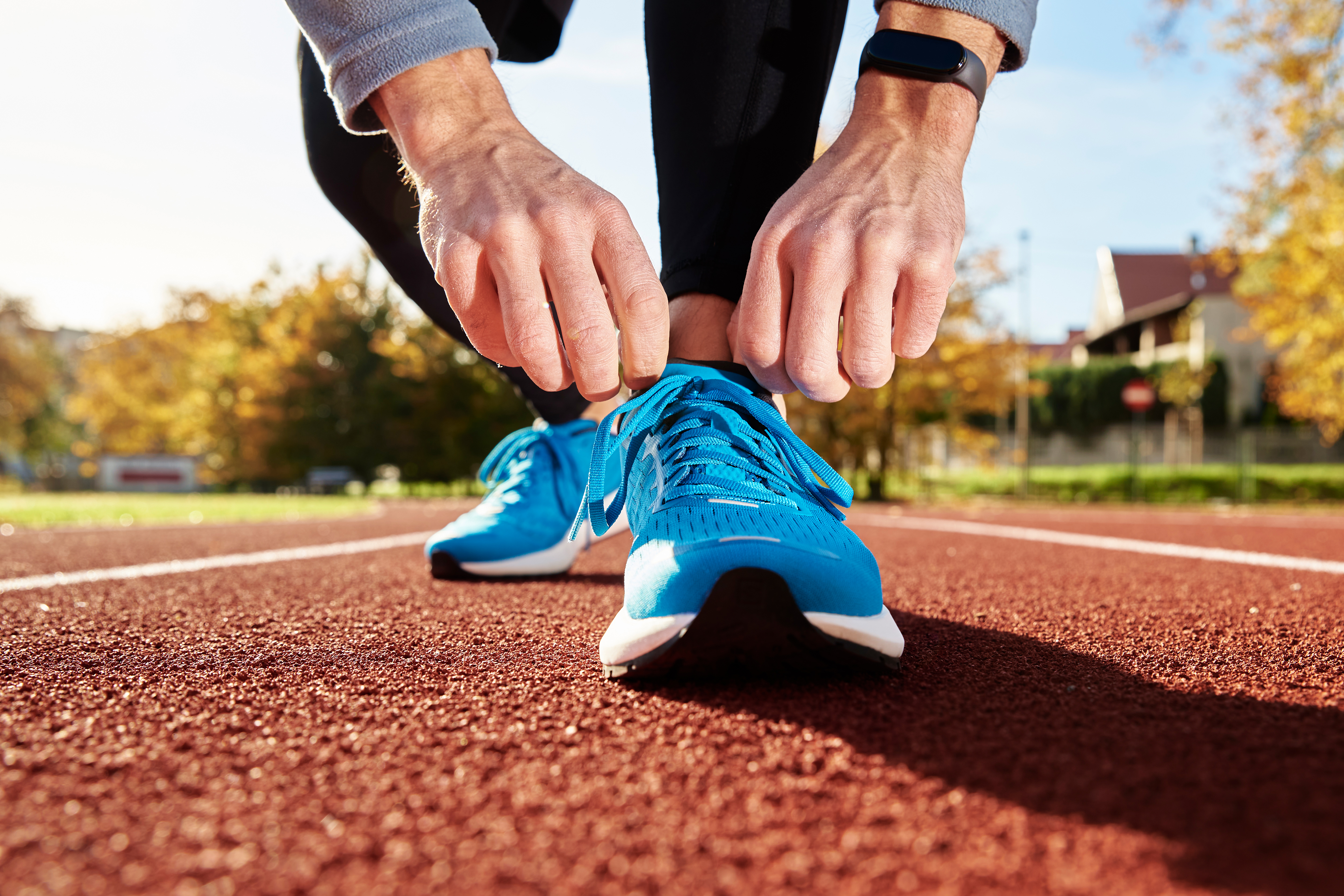
Wearing appropriate footwear is essential for knee health. Shoes that provide adequate support and cushioning can absorb shock and reduce stress on the knees. Poorly fitting or worn-out shoes can lead to misalignment and increased pressure on the joints. For those with specific foot issues, orthotic inserts may offer additional support. By investing in quality footwear and replacing shoes regularly, you can prevent unnecessary strain on your knees, enhancing comfort and mobility in daily activities.
8. Mindful Movement and Posture
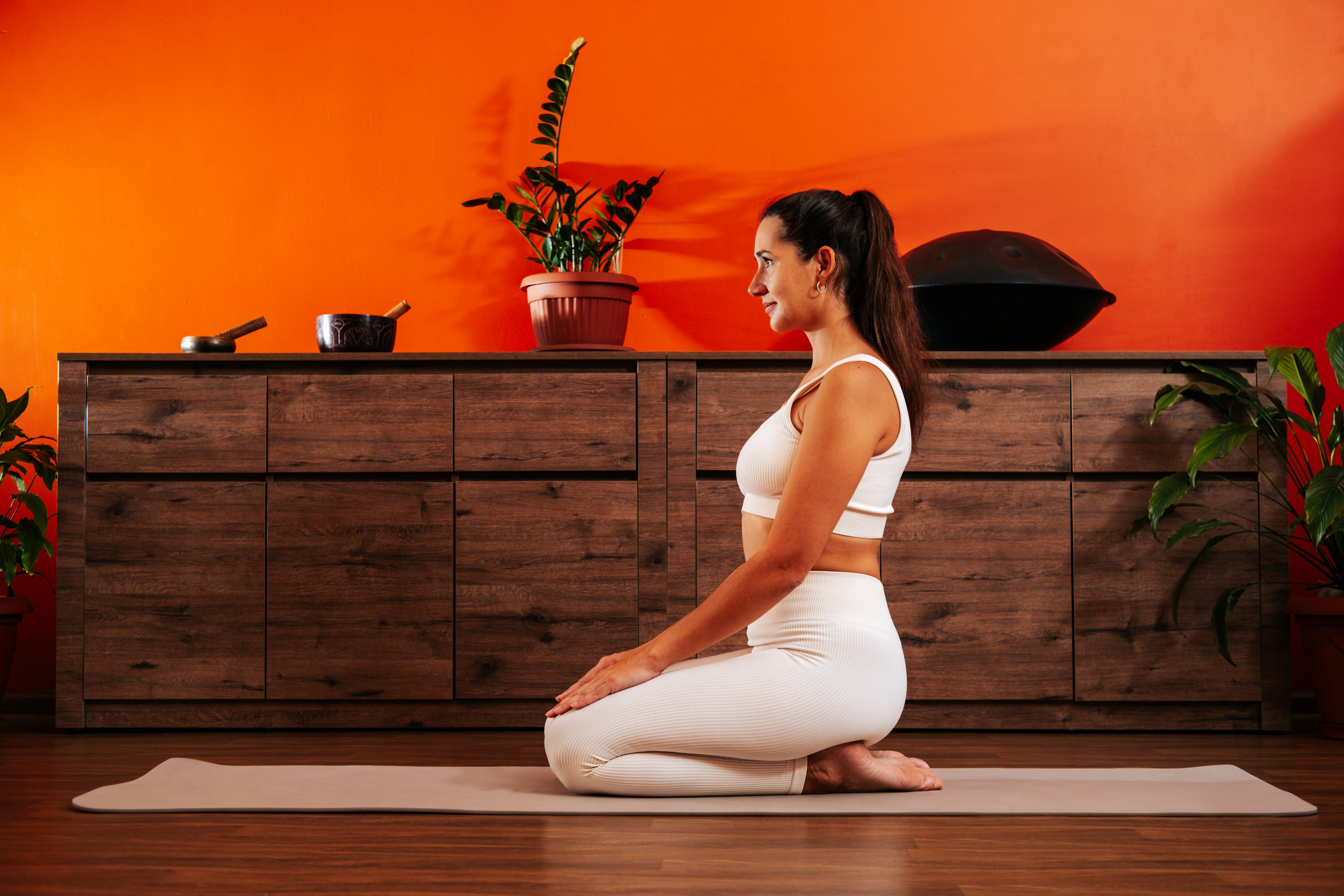
Practicing mindful movement and maintaining good posture can significantly impact knee health. Being aware of how you move and aligning your body correctly can prevent undue stress on the knees. Techniques such as bending at the hips and knees when lifting objects, avoiding prolonged standing, and ensuring ergonomic alignment at workstations can protect the knees. Mindfulness in movement encourages the use of proper mechanics, reducing the risk of injury and promoting long-term joint health.
9. The Benefits of Yoga and Pilates
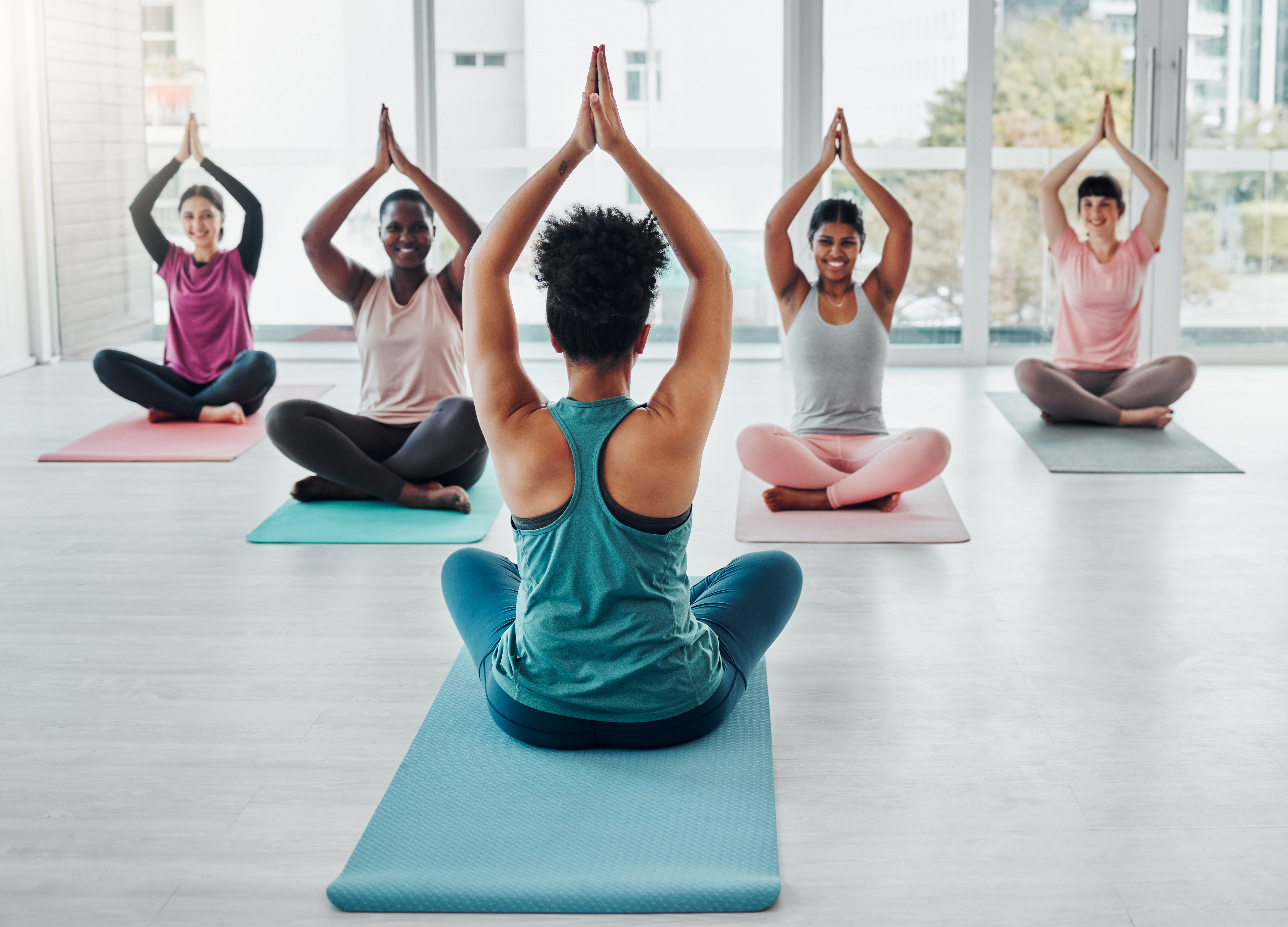
Yoga and Pilates offer numerous benefits for knee health, focusing on flexibility, strength, and balance. These practices emphasize controlled movements and body awareness, which can enhance joint stability. Poses like the Warrior or Tree in yoga, and exercises such as leg circles in Pilates, specifically target the muscles supporting the knees. Regular practice can improve muscle tone, increase flexibility, and promote alignment, all of which contribute to healthier knees. By incorporating yoga or Pilates into your routine, you can enjoy a holistic approach to joint wellness.
10. Hydration and Joint Lubrication

Staying adequately hydrated is crucial for joint health, including the knees. Water is a key component of synovial fluid, which lubricates the joints and reduces friction. Dehydration can lead to joint stiffness and discomfort. Ensuring you drink enough water daily helps maintain this lubrication, promoting smoother joint movement. Additionally, proper hydration supports overall health, enhancing physical performance and recovery. By prioritizing hydration, you contribute to the optimal functioning of your knees and overall well-being.
11. Rest and Recovery

Allowing time for rest and recovery is vital for maintaining knee health. Overuse or excessive strain on the knees can lead to inflammation and injury. Incorporating rest days into your routine gives your joints time to heal and rebuild. Techniques such as ice therapy, compression, and elevation can aid in reducing swelling and discomfort. Listening to your body and recognizing the signs of fatigue can prevent overexertion. By balancing activity with adequate rest, you ensure that your knees remain strong and resilient.
A Holistic Approach to Knee Health

Embracing these daily rituals offers a comprehensive approach to fortifying your knees for enduring strength and mobility. Each practice, from warm-up exercises to mindful movement, plays a unique role in enhancing joint health. By integrating these habits into your lifestyle, you not only protect your knees but also promote overall physical well-being. This holistic approach empowers you to maintain an active, fulfilling life, free from the limitations of knee discomfort. As you commit to these practices, you invest in a future of robust knee health and sustained mobility.